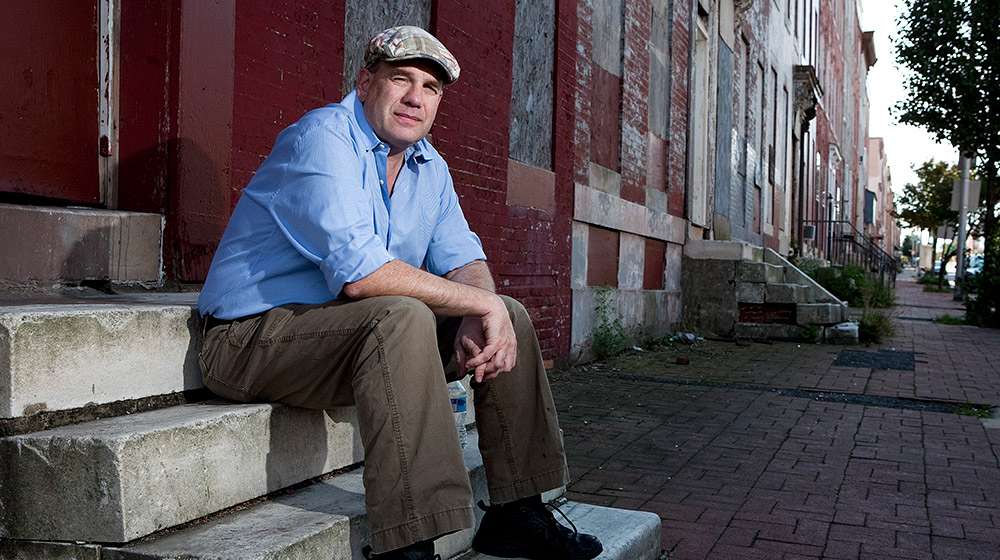What does it take to create something great? To create something that redefines not just your career, but your industry, your neighbourhood, your world?
Every journey to excellence is different, but few have been quite as comprehensively as the one revealed in author Jonathan Abrams’ book All the Pieces Matter: The Inside Story of The Wire. On the surface, All the Pieces Matter is the history of one of, if not the most important television series ever made, as told by the cast and crew. But look a little deeper, and you’ll find an even more interesting story; the story of The Wire creator David Simon’s relentless battle to tell a raw, comprehensive story about the social and institutional problems plaguing Baltimore.
What a battle it was. Most books like All the Pieces Matter tend to tell a romanticised tale about how everyone involved in the production believed in it, worked hard to make it happen, and were vindicated come awards season. That’s not the case here.
David Simon had a vision that was recognised and celebrated only after the show ended. At the time, nobody watched it. It was rarely nominated for awards (not that Simon cared, but others did). HBO cancelled it twice. Actors were looking for an excuse to leave. Even fellow producers, including co-creator Ed Burns, doubted some of the decisions Simon chose to take.
The only reason The Wire continued is because of Simon’s belief that the show was doing something important. Cast and crew told of how he would sit them down or write letters to convince them to recommit every season. HBO Chairman and CEO Chris Albrecht admits to getting sick of hearing Simon’s impassioned and thoughtful arguments for why the show should continue, and how that influenced his decision to ultimately approve five seasons.
He could see what others couldn’t. A former police reporter for The Baltimore Sun who had a disliking for the medium, he saw the opportunity to translate the kind of storytelling traditionally reserved for novels to television. He saw the importance of grounding the show in reality so that those who tuned in could connect on a humane level, even if it meant the pace was slow, or that it might confuse some viewers. He saw the need to spark debate, to condemn class, institutional, and racial divide, and to do it without a desire for esteem or praise.
We all see it now. Several members of the cast and crew remain invested in Baltimore, running social programs or entrepreneurial apprenticeships. Barack Obama called it his favourite show. Tertiary institutes including Duke, the Pittsburgh School of Law, and even Harvard offer courses focused solely on the show.
The Wire hasn’t just changed the way we see television; it changed the way we see the world.
That’s what made the project so important to Simon. That’s why his passion and belief kept all the pieces together when they threatened to fall apart.
If you haven’t seen The Wire yet, pick it up. When you’re done, be sure to read All the Pieces Matter. It’s not just a great book about a great show, but the portrait of a master storyteller in the midst of his great work.

